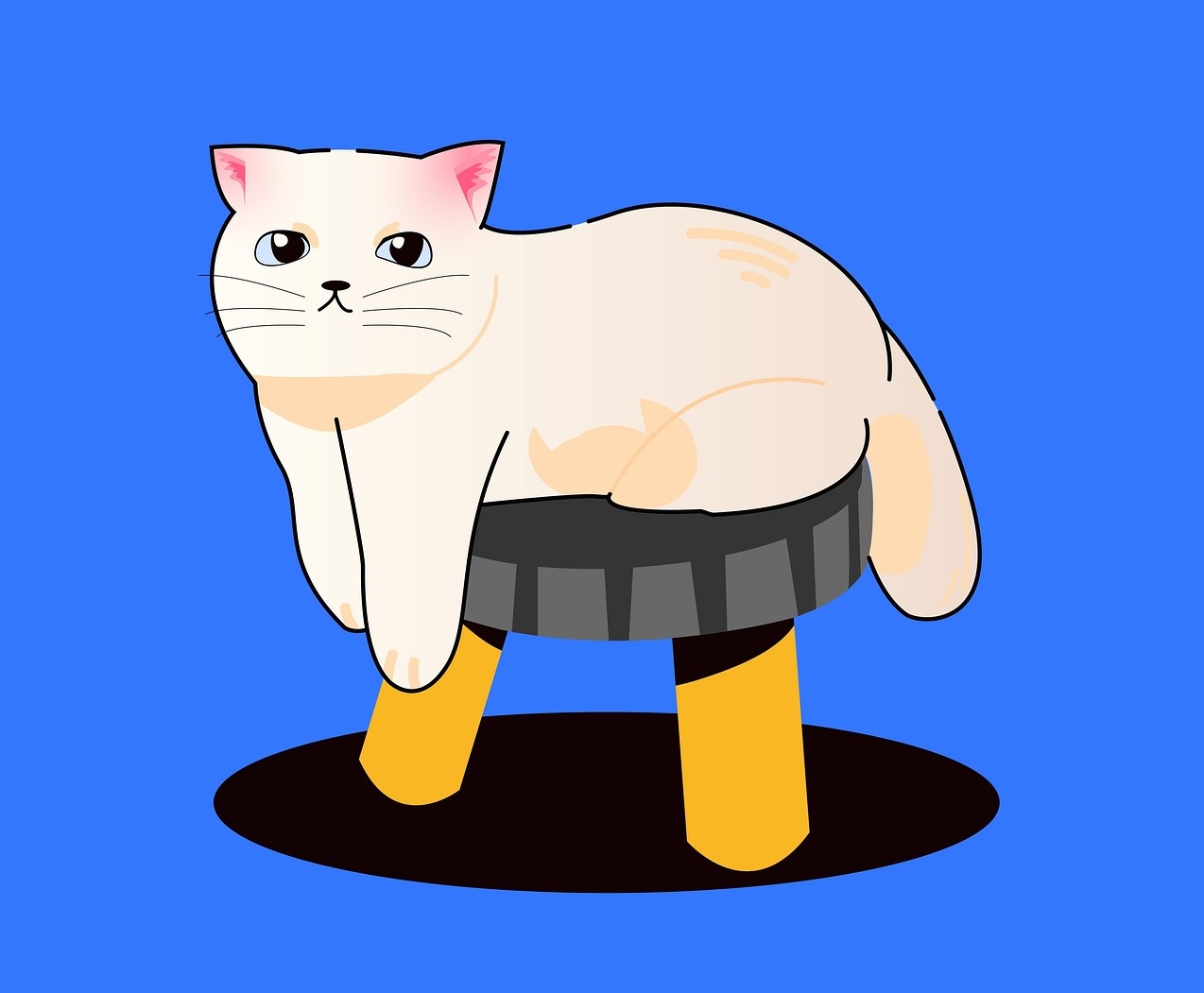
Get early access
Social fatigue sits on a spectrum — some interactions leave you slightly depleted, others leave you unable to speak. Understanding where different situations fall on that spectrum is the first step to managing it.
The Social Fatigue Spectrum
High-drain situations: Large groups, noisy environments, and performance-heavy events (like networking or presenting) push your brain into overdrive. Introvert brains process social information more deeply, so overstimulation quickly burns energy.
Medium-drain activities: Familiar groups, structured activities (like classes or cooking together), and short video calls require effort but feel manageable if you're rested.
Low-drain connections: Deep one-on-one conversations, shared quiet activities, and text-based chats often restore energy instead of depleting it. These align with introvrs' preference for depth and controlled pace.
Environments That Amplify Social Fatigue
Noise, visual clutter, and crowd density all tax your nervous system. Even "background" noise forces your brain to filter nonstop, creating hidden fatigue. Studies show introverts are especially sensitive to overstimulation, making quiet, orderly social environments far more sustainable.
How to Track Your Social Fatigue Patterns
Keep a weekly energy log:
- Rate energy before and after interactions
- Note the type of activity and environment
- Look for patterns in recovery time
You'll start to see "energy signatures": when you thrive socially, when you crash, and which people or contexts affect you most. Research on mindfulness and self-awareness shows how this kind of energy tracking improves stress regulation and well-being.
Real Ways to Recharge
Quick fixes (15 to 30 minutes):
Breathing techniques, a short walk, or sensory resets in quiet spaces lower cortisol and reset your nervous system.
Medium recovery (2 to 4 hours):
Creative hobbies, solo exercise, or organizing tasks let your brain process without social pressure.
Deep recharge (half to full day):
Solitude, immersive solo projects, or time in nature restore you fully. Research confirms natural settings are especially powerful for introverts' nervous systems, with forest bathing shown to improve mental well-being and autonomic nervous system balance.
What Doesn't Recharge You
Not all "alone time" helps. Mindless scrolling, stressful online interactions, or replaying conversations in your head keep your nervous system activated. True recharge requires intentional rest, not passive consumption.
Building a Sustainable Social Rhythm
Plan wisely: Schedule high-drain events when you have energy, and block off recovery time.
Optimize environments: Choose quieter venues, arrive early, or take breaks when needed. Learn more about finding the right social spaces for introverts.
Communicate needs: Setting boundaries without guilt helps others support your rhythm while protecting your energy.
When Recharge Isn't Working
If you're still exhausted despite good habits, look for hidden drains: chronic work stress, draining relationships, or health factors like poor sleep or anxiety. Sometimes the issue isn't your social battery; it's your overall well-being. If you're dealing with difficult transitions like relationships ending, finding support can make a significant difference.
Final Thought
Managing your social battery isn't about avoiding people; it's about aligning your energy with the right environments, habits, and connections. When you honor your limits, you can show up authentically and build meaningful friendships that truly energize you. Discover how introvrs helps you connect with people who understand your energy needs.
